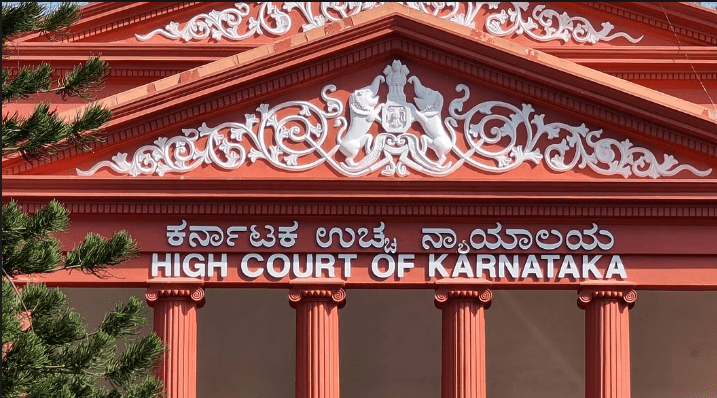
The Karnataka High Court has recently declined to dismiss the abetment of suicide case brought against three individuals accused of tormenting their colleague based on his sexual orientation. In the case titled Malathy SB & Ors v State, a single-judge, Justice M Nagaprasanna, emphasized that the deceased belonged to the LGBT community and the emotional impact of their marginalization deeply affected them.
The court stressed that such individuals should be treated with care and compassion, rather than highlighting their inherent vulnerabilities. It argued that if everyone treated them with the same kindness and consideration as any other person, valuable lives could be saved.
The court noted that each case involving a person’s death due to abetment to suicide must be assessed based on its specific circumstances. There can’t be a fixed standard for intervention, especially in cases of abetment to suicide.
Regrettably, the court observed that a young life was lost in this instance due to allegations of taunting the deceased about their sexual orientation.
The court urged citizens to be mindful when interacting with sensitive individuals and reminded everyone to recognize the equality and humanity of all.
The deceased had taken their own life on June 3, 2023. The next day, their father filed a police complaint. The accused individuals challenged the complaint in court as soon as the police began investigating.
It’s important to note that the deceased had previously filed a complaint with the Internal Complaints Committee established under the Sexual Harassment of Women at Workplace Act of 2013, stating that they were being mistreated by the accused. They had even resigned from their job due to the harassment they faced.
During the hearing, the petitioner’s lawyer argued that the deceased had raised various grievances, including comments about their sexual orientation. The defense contended that they had no direct involvement in the death and had not incited any action, as required by Section 306 of the Indian Penal Code (IPC).
The prosecution argued that the case warranted investigation due to the loss of life, and the proximity of the accused’s actions to the death would only become clear after investigation.
The court noted that the petition had been filed just three days after the FIR was lodged and the investigation was ongoing. The court also acknowledged that there was prima facie evidence and the allegations were not baseless.
The court reasoned that if the accused had played a role in damaging the self-esteem or self-respect of a hypersensitive person, they could be held responsible for abetment to suicide. If the accused had continuously provoked or irritated the deceased, driving them to despair, those circumstances could also constitute abetment.
The court emphasized that the complex nature of human behavior in each case needed thorough analysis, and such cases should be examined individually.
The court highlighted that human psychology is intricate, and responses can vary, including the possibility of ending one’s life. Therefore, these matters should be considered as questions of disputed fact, requiring investigation.
The court drew from the case of Mahendra KC v State of Karnataka, where the Supreme Court emphasized the uniqueness of each person’s behavior.
As a result, the court rejected the plea. Senior Advocate Sandesh J Chouta and Advocate Mrinal Shankar represented the petitioners, while Advocate KP Yashodha represented the State.
Name: – Ritesh palaur, University: – Sambalpur University, Semester: – 2nd




0 Comments